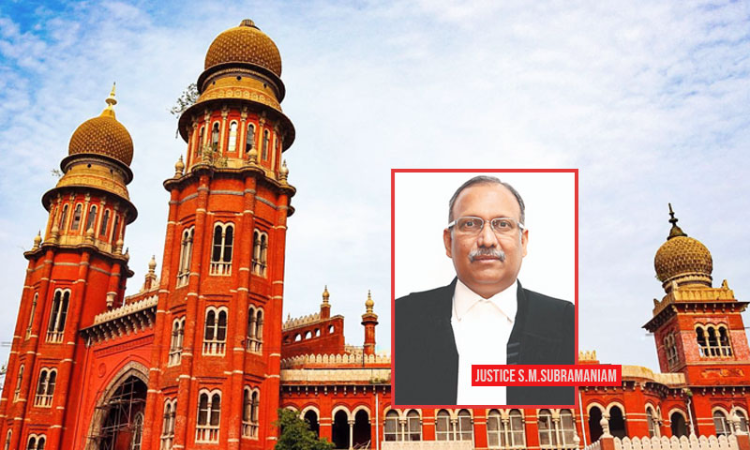DGP Entertaining 'Mercy Petitions' Against Departmental Action Is Unconstitutional: Madras High Court
Upasana Sajeev
3 Nov 2022 11:55 AM IST

Next Story
3 Nov 2022 11:55 AM IST
The Madras High Court recently observed that the power to entertain mercy petition of any convicted person under any law to which the executive power of the State extends is only available to the Governor of the State. Thus, the office of the Director General of Police (DGP) has no statutory power to entertain mercy petitions against orders passed in departmental action. Such an exercise of...
